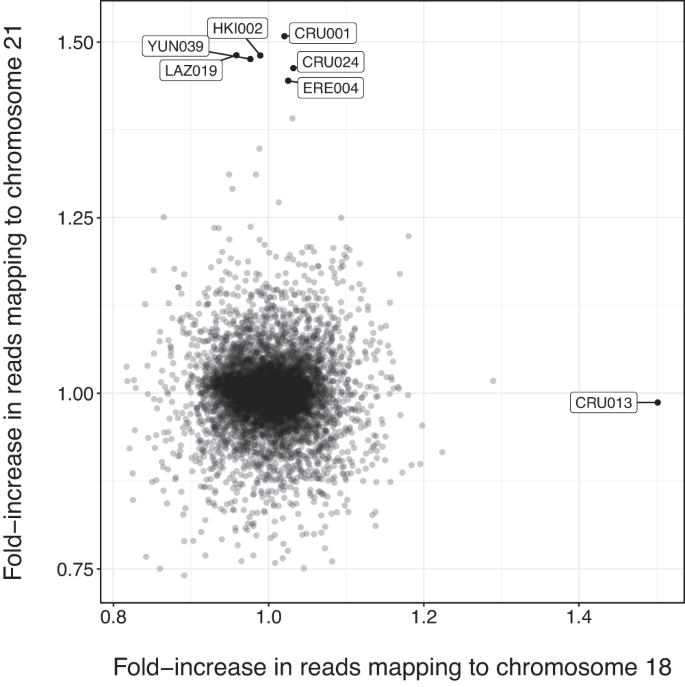2024-02-19 マックス・プランク研究所
<関連情報>
- https://www.mpg.de/21579086/0219-pskl-optima-153150-x?c=2249
- https://karger.com/pps/article/93/1/24/893230/Effectiveness-of-Schema-Therapy-versus-Cognitive
入院患者およびデイ・クリニックにおけるうつ病に対するスキーマ療法対認知行動療法対支持療法の有効性: 無作為臨床試験 Effectiveness of Schema Therapy versus Cognitive Behavioral Therapy versus Supportive Therapy for Depression in Inpatient and Day Clinic Settings: A Randomized Clinical Trial
Johannes Kopf-Beck;Celina L. Müller;Jeanette Tamm;Julia Fietz;Nils Rek;Leah Just;Zoe Ilona Spock;Katharina Weweck;Keisuke Takano;Martin Rein;Martin E. Keck;Samy Egli
Psychotherapy and Psychosomatics Published:January 04 2024
DOI:https://doi.org/10.1159/000535492

Abstract
Introduction: Schema therapy (ST) reduces depressive symptoms, but clinical trials have not investigated its effectiveness for patients suffering from severe forms of depression and high rates of comorbidities. There is high demand for exploring and improving treatments for this patient group. The objective of the current study was to evaluate whether ST is more effective than individual supportive therapy (IST) and noninferior compared with cognitive behavioral therapy (CBT) in treating depression. Methods: For this clinical trial, medicated patients were recruited in inpatient and day clinic settings. The major inclusion criteria were age between 18 and 75 years and primary diagnosis of depression without psychotic symptoms. A total of 292 participants were randomized to ST, CBT, or IST and received 7 weeks of psychotherapy (up to 14 individual and 14 group sessions). The primary outcome was change in depression severity after treatment measured by Beck Depression Inventory-II. Primary test for efficacy was superiority of ST over IST. Secondary test was noninferiority of ST compared with CBT. Multilevel modeling was conducted. The results at 6-month follow-up were explored. Results: Across treatment, ST was not superior to IST. Secondary outcome analyses and completer analyses showed similar results. However, ST showed clinically relevant noninferiority compared with CBT. Conclusion: ST for depression as part of a psychiatric care program showed clinical noninferiority compared to CBT, without being superior to IST. ST represents a potentially useful addition to the therapeutic repertoire for the treatment of depression but its efficacy, including long-term efficacy, should be evaluated further.


